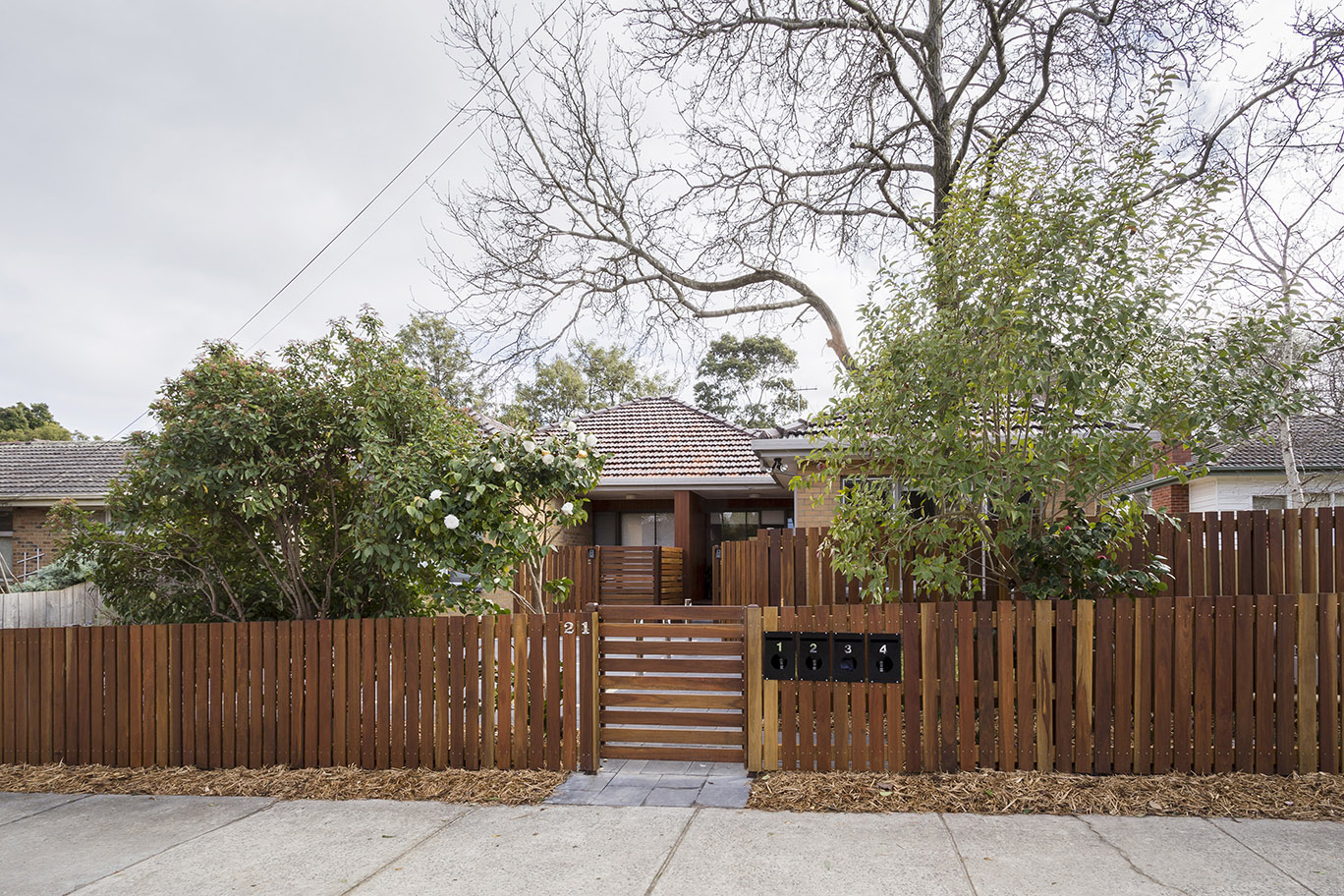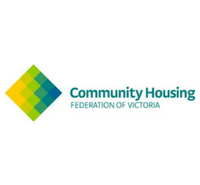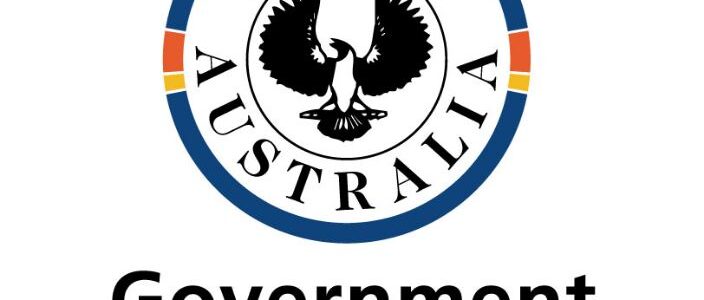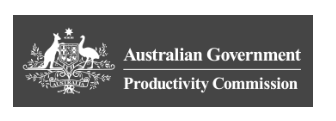With house prices — and more recently, rents — surging in the Eastern State population hubs, it is no surprise that housing affordability has become a key political issue.
The Federal Government has begun to set its mind about how best to ease the pressure on those feeling the negative effects of rising prices, principally aspiring first time buyers, low income renters and the homeless.
Against this backdrop, the performance of the National Affordable Housing Agreement (NAHA) has come under intense scrutiny and Productivity Commission data released earlier this year provides plenty of evidence that meaningful reform is required. Despite over $9 billion dollars being invested by the Commonwealth since its inception in 2009, NAHA has underperformed against virtually every performance indicator.
In 2016, the number of public housing dwellings in Australia was down more than 16,000 on the 2009 numbers and almost 21,000 less than in 2007.
The number of low income renters in rental stress has risen significantly in some states, with capital cities seeing the steepest rises. Note that this has occurred in tandem with a 20 per cent increase in spending on Commonwealth Rent Assistance since 2012.
Public housing waitlists have grown, not shrunk, and almost 20 per cent of public housing dwellings and 11 per cent of community housing dwellings are not of ‘an acceptable standard’.
There is a silver lining: the community housing industry has doubled in size since 2009 and now manages over 80,000 dwellings nationwide in a system that is considerably more sophisticated and innovative than it was a decade ago. Moreover, homelessness alleviation programs operating with NAHA support have yielded some very positive results in terms of addressing the housing and support needs of those at the sharpest end of the housing continuum.
The Community Housing Industry Association (CHIA) believes that measures announced in the May Federal budget show that the Commonwealth is interested in fundamental reform and, hearteningly, that it believes community housing providers have a significant part to play in that reform agenda.
At the same time, the Productivity Commission’s latest draft report Introducing Competition and Informed User Choice into Human Services contains several game changing suggestions for reform. These include: moving to a single model of financial assistance that would see public housing tenants become eligible for CRA; creating competitive neutrality between all social housing providers including state housing authorities; and, the expansion of tenancy support services to eligible households in the private rental system.
Due to the nature of the scope of the report, however, it is largely silent on how to address perhaps the most fundamental question of all — how to grow the social and affordable housing system.
CHIA and the state-based peak bodies provided a joint response to the draft report in July.
Policy measures in the budget, combined with the work of the Productivity Commission, have set the scene for the reform of the NAHA. There can be no sacred cows; the case for structural reform regarding how the nation’s social housing system is funded, managed and regulated is irrefutable.
CHIA will continue to argue that a central pillar of reform must be enabling the community housing system to continue its growth trajectory, harnessing its ability to attract private finance, developing new housing stock, providing services that sustain tenancies and creating pathways to the mainstream housing system for tenants capable of making that transition.
Barry Doyle, CHIA Project Director WA









